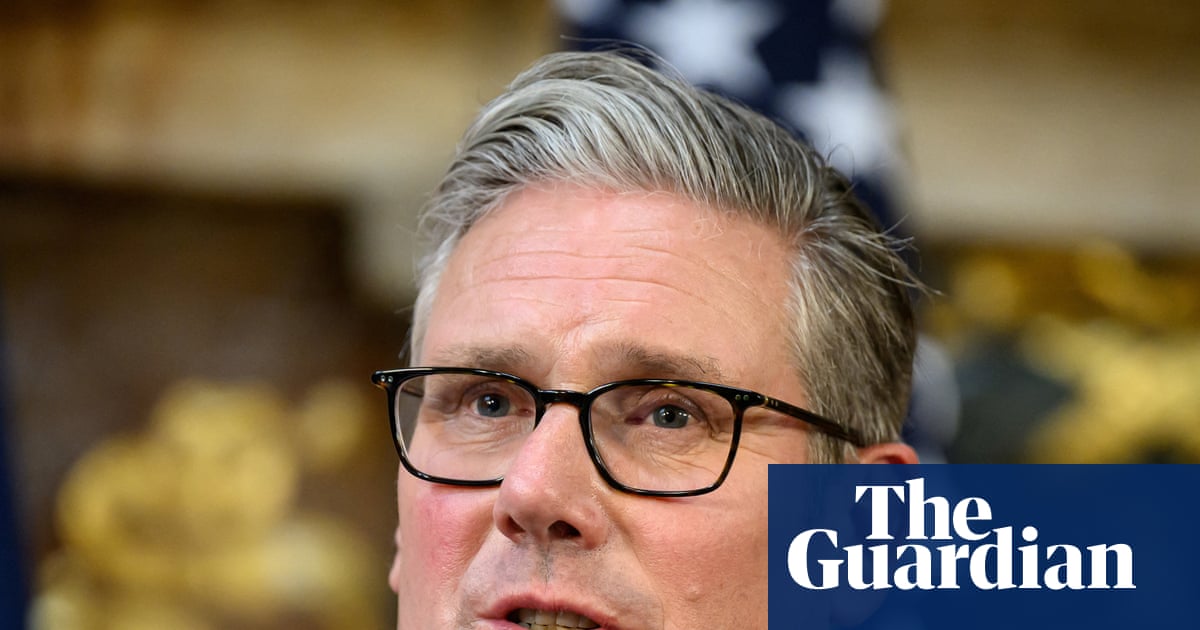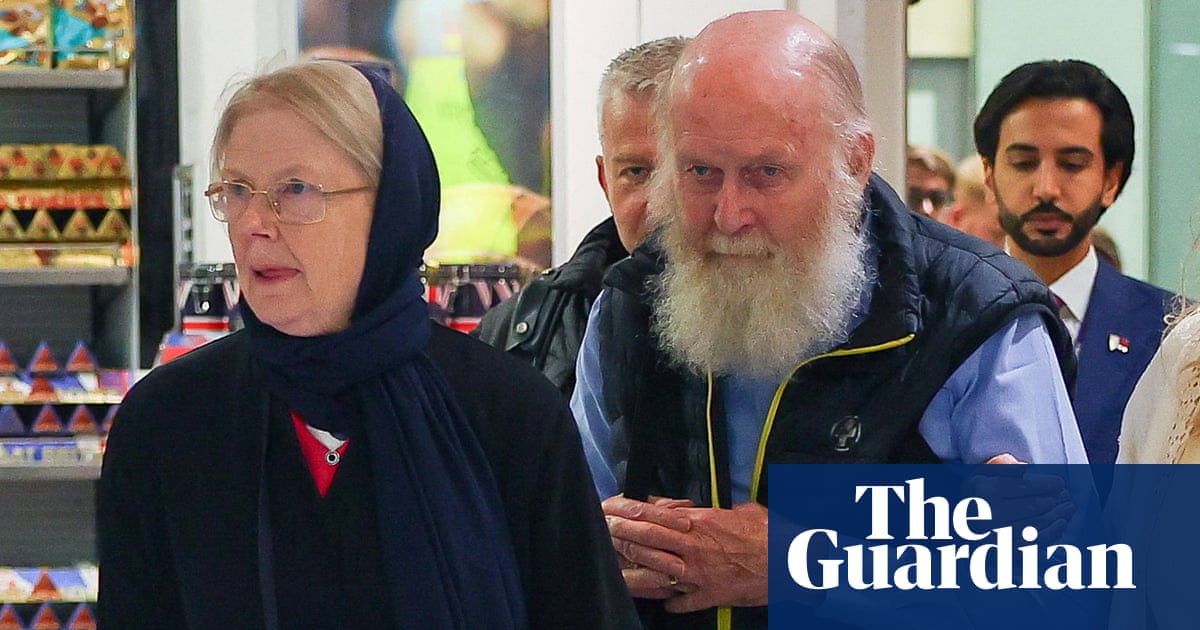Dozens of MPs have refused safety measures for their staff despite record levels of abuse and a spate of violent attacks, according to a group representing Commons workers.
Staff employed by MPs said they had been put in “extremely dangerous” situations after a small number of parliamentarians “wilfully ignored” security advice.
A confidential report sent to Commons authorities last year, seen by the Guardian, highlighted the concerns amid tension over the Gaza conflict and what it described as a rising number of “mentally and emotionally unstable constituents”.
One MP’s constituency worker reported being threatened with a knife last year, while another described a hammer attack at an MP’s surgery.
A survey of nearly 400 MPs’ employees, most of whom were based outside Westminster, found that more than one in three (38%) now fear for their own or colleagues’ safety – up from 19% in 2022.
Ninety-five staff employed by MPs said none or only some safety recommendations had been acted on, while 31 respondents said security measures had been rejected by their MP or office manager. Only 28% said all safety recommendations had been implemented at their constituency office.
The Westminster-based wellness working group (WWG), which represents MPs’ staff, said it was “shocked to our core” by its survey. It said some MPs were “wilfully ignoring security advice and putting their staff in extremely dangerous situations for unconscionable reasons such as optics in the public eye”.
Concerns about MPs’ safety have risen sharply since the murders of Jo Cox in 2016 and David Amess in 2021.
Last year, Lindsay Hoyle, speaker of the House of Commons, described Commons security as his “top priority”, saying the issue “keeps me awake at night”. The speaker’s office published a cross-party report last month warning that record levels of abuse and harassment were “stifling debate and weakening democracy”.
Yet those working for MPs said they felt there had been little focus on their own safety, particularly those in constituency offices where some felt “extremely unsafe” and “very vulnerable”.
A confidential report highlighting a spate of attacks and threats on constituency offices was handed to Hoyle and senior Commons officials last year. The 18-page audit, compiled by the WWG, described how staff endured “countless encounters with aggressive people” at their constituency office, including hammer attacks and bricks thrown through the window.
One MP was said to have reacted angrily about the use of safety tools such as lone worker devices, which send security alerts when activated.
A constituency worker said their MP “laughed off” their concerns when a man attacked the constituency office with a hammer.
Another said they were made to feel scared after being driven by an MP to the home of a constituent known to be “very unwell” and enter the property first.
One worker claimed the police had refused to help when their MP’s office was being vandalised because it was the staff member who was under threat, not the MP.
The MPs were not identified by name in the confidential report and the Guardian is not publishing detailed accounts of the incidents as it risked identifying members of staff.
Tom Fairweather, of the WWG, said most MPs were good employers but that a small number had shown a “complete disregard” for their employees’ safety.
“This is about a small number of MPs actively endangering their staff and acting far outside the realms of acceptability. It must be dealt with quickly and thoroughly,” he said.
A House of Commons spokesperson said it had made changes to improve the working conditions of MPs’ staff after engaging with the WWG but that “more still needs to be done”.
They added: “The ability for members’ staff to perform their duties safely, both on and off the estate, is fundamental to our democracy. While the House cannot comment in detail on security measures, we recognise that engaging fully on these issues is a priority.
“The house and the WWG communicate frequently on a number of matters regarding staff welfare, but the house agrees more direct engagement with the WWG is required specifically in this area.”

 2 months ago
62
2 months ago
62

















































